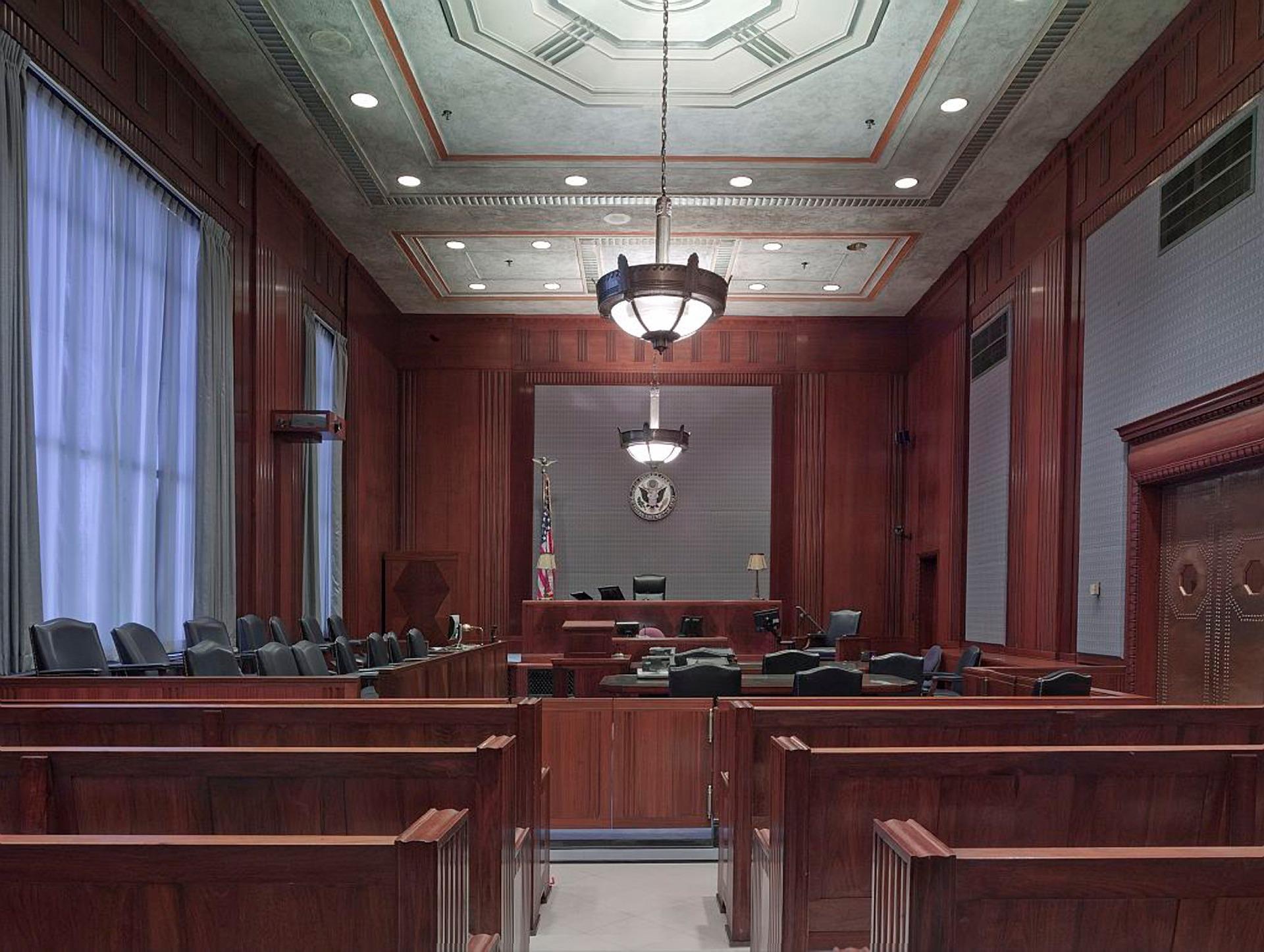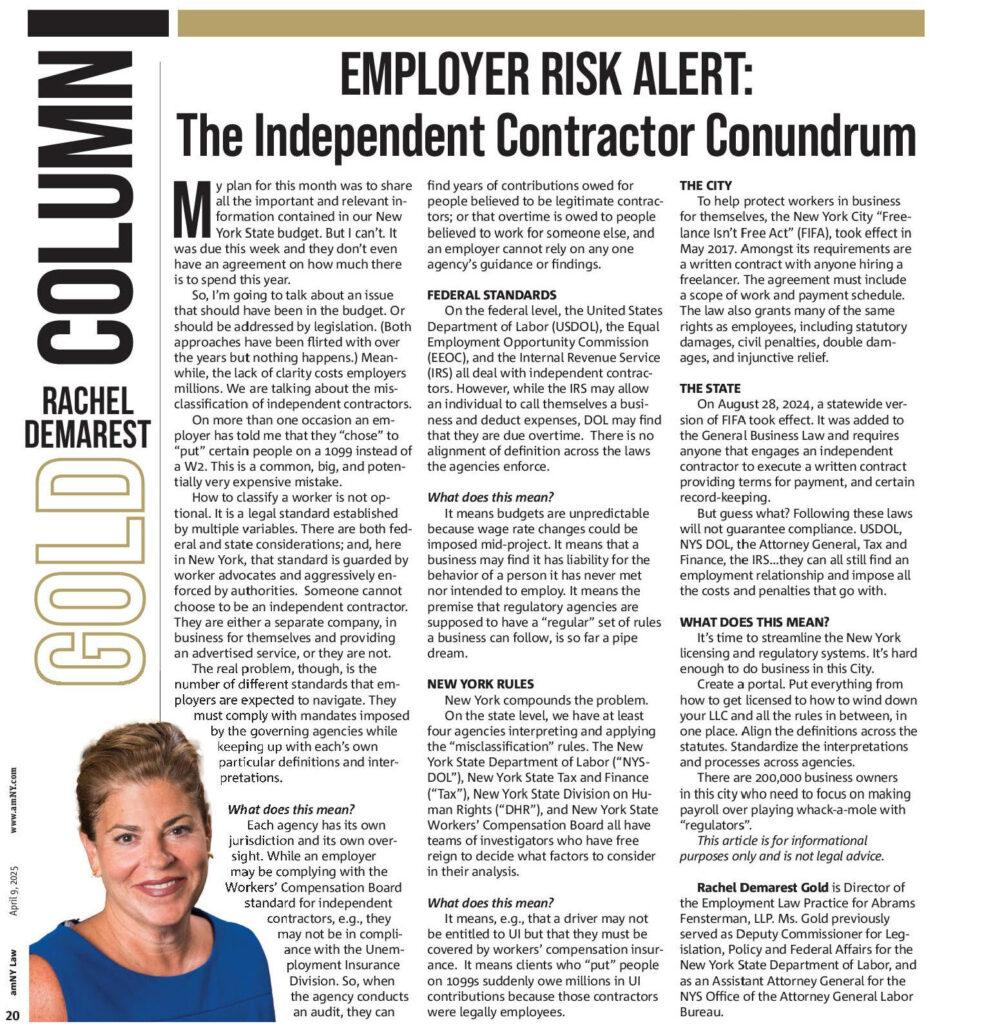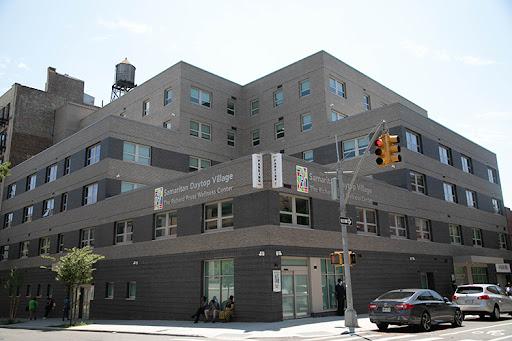Lawyers said they hope the courts are able to scale up and hold more trials at once — only a handful of civil jury trials were held this week in the Bronx, Brooklyn and Staten Island, with more coming in Queens and Manhattan next week—but questioned how it could happen logistically.
By Jane Wester | October 22, 2020 at 06:40 PM | New York Law Journal
Attorneys involved in some of New York City’s first in-person jury trials since the COVID-19 pandemic swept across New York in March described the courthouse setting as “eerie” and “bizarro”—but most also said they were glad to get back to court.
After passing temperature checks upon entry, the lawyers made their way through nearly empty courthouses to find that courtrooms had been rearranged, with jurors spread out in the gallery and Plexiglas dividers protecting the judge’s bench, the witness box and the attorneys’ own seats.
Solo practitioner Peter Kolp, who tried a case to verdict in Bronx Supreme Court this week, said he questioned witnesses facing sideways, so he could see the judge and jury at the same time, but he turned completely around to address the jury during opening and closing statements.
“I just said sorry [to the judge], I don’t mean to be disrespectful, but it would seem way too weird if I were to stand sideways and talk to the jury,” he said.
Kolp said he hopes the courts are able to scale up and hold more trials at once—only a handful of civil jury trials were held this week in the Bronx, Brooklyn and Staten Island, with more coming in Queens and Manhattan next week—but, like other attorneys, he questioned how it could happen logistically.
Jury selection was held in the largest rooms available at each courthouse, so potential jurors could maintain appropriate distance, but that means a much smaller number of jurors are able to assemble at once compared to the pre-coronavirus era, lawyers noted. Capacity within courtrooms similarly seems to limit the number of lawyers per side.
The cases calendared for trial this week were all personal-injury matters, and attorneys said they were told their cases were selected as pilots because they were fairly straightforward.
“It couldn’t happen with a complex case. There’s just no way,” said Brian Sanders of The Law Office of Alan M. Sanders. Sanders and his opposing counsel Melanie Wiener of Abrams, Fensterman, Fensterman, Eisman, Formato, Ferrara, Wolf & Carone completed jury selection in Brooklyn Supreme Court on Wednesday and plan to start their trial Friday.
Sanders said he felt fairly safe in the courthouse because so few people were around, which left plenty of room for social distancing.
He and Wiener each said they ran into a problem during jury selection when no court officer was available to shepherd the jurors and make sure every juror was maintaining social distancing and mask-wearing standards, but several other attorneys praised the quick response and diligent work of courthouse personnel.
Jurors tended to approach the unusual circumstances calmly, multiple attorneys said.
Kardon Stolzman of Cherny & Podolsky, whose case in Brooklyn Supreme Court reached a midtrial settlement Wednesday, said he heard no critiques of courthouse safety from the jury pool, though some jurors were unaccustomed to riding the subway or moving around the city after months at home.
“I asked them specifically, ‘If we follow the basic safety rules, will people feel comfortable going forward with this trial?’ And that set the tone perfectly,” Stolzman said.
Attorneys with another case scheduled to begin jury selection Wednesday in Brooklyn Supreme Court decided Tuesday to move to arbitration, partly due to concerns about courthouse safety, plaintiff’s counsel Herbert Rodriguez of Schwartz Goldstone Campisi & Kates said.
Rodriguez noted the importance of scheduling trial dates to push the parties to reach settlements, but with a newborn at home, he said he didn’t feel comfortable going into court.
Ira Thomas of Cherny & Podolsky said he was also concerned about safety, having lost several friends to COVID-19, but he went to Brooklyn Supreme Court briefly this week to have his case adjourned until November.
“I didn’t want to go,” Thomas said. “That was one of my big issues. I’m 64. I’m not paranoid, I’m smart.”
Wiener said she plans to get a COVID-19 test after her trial ends, explaining that she was excited to receive a trial date but has more safety concerns after spending time in the courthouse. Like other attorneys, she wondered what will come next as thousands of other cases await trial.
“I don’t see how they could ramp it up,” she said. “There’s just going to be too many people in the building.”
Jane Wester
Jane Wester is a litigation reporter for the New York Law Journal. Email her at [email protected] or find her on Twitter @janewester.
Reprinted with permission from the October 22, 2020 edition of The New York Law Journal, © 2020 ALM Media Properties, LLC. All rights reserved.
Further duplication without permission is prohibited. ALMReprints.com – 877-257-3382 – [email protected].





